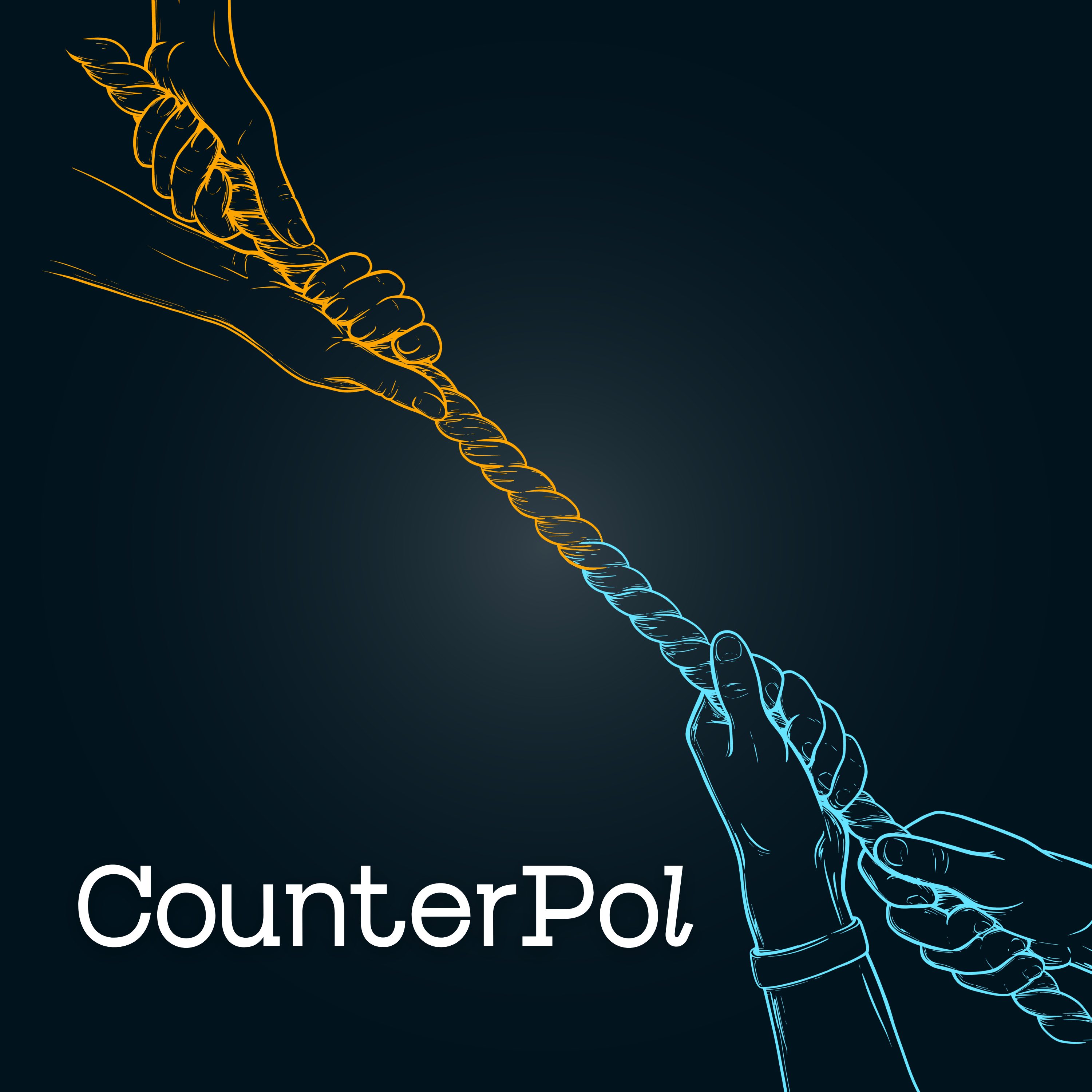Origins of Polarization with Yphtach Lelkes
How much of our identity is informed by our ideology? How much of our ideology is informed by our identity? Are politicians pulling the electorate to the extremes? Or are voters demanding that politicians take more hard-line policy stances? These are just some of the chicken-and-egg scenarios that come to light when trying to understand what drives polarization.
It's perhaps easy to assume that deepening social discord is worsening at the hands of political entrepreneurs. But are we underestimating the agency voters' leverage in their decision-making? Are voters as radicalized as their party? If not, why do they continue to vote in the way that they do? In fact, why are electorates as polarized as they are if voters aren't as extreme as their party's platforms imply?
Yphtach Lelkes - Co-Director of the Polarization Research Lab - explains how lineage can predict political leanings, how politicians and voters interact to polarize the public, and why he thinks polarization is not as bad as we think it is.
You can find his research here.
Writings and Writers mentioned:
The Other Divide by Yanna Krupnikov and John Barry Ryan
Vanya Washington
Andy Hall

